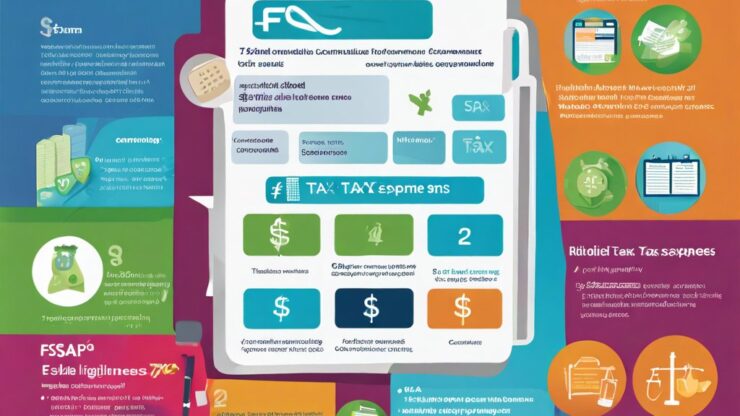In today’s financially driven world, maximizing tax benefits is a priority for many individuals. One way to achieve significant savings is through a Flexible Spending Account (FSA). This employer-sponsored program allows employees to set aside pre-tax dollars for eligible medical expenses, effectively reducing their taxable income. Understanding how FSAs work and their associated tax benefits can empower you to make informed financial decisions.
Tax Savings: The Core Benefit of FSAs
One of the most compelling advantages of participating in an FSA is the potential for substantial tax savings. Contributions to an FSA are deducted from your paycheck before taxes are applied, which lowers your overall taxable income. This can result in a decreased tax liability, allowing you to retain more of your earnings. Here’s a breakdown of how these savings can manifest:
- Reduced Taxable Income: Contributions are made pre-tax, lowering your income on which taxes are calculated.
- Tax-Free Withdrawals: Funds withdrawn for eligible medical expenses are not taxed, providing a cost-effective way to pay for healthcare.
- Potential for Refunds: By lowering your taxable income, you may qualify for a larger tax refund at the end of the year.
Navigating Eligible Expenses: Making the Most of Your FSA
To fully leverage the benefits of an FSA, it is essential to understand which expenses qualify for reimbursement. The IRS has outlined an extensive list of eligible medical expenses that can be paid with FSA funds. Here are some common examples:
- Co-payments for doctor visits
- Prescription medications
- Dental and vision care expenses
- Over-the-counter medications (with a prescription)
- Certain medical equipment, such as crutches or wheelchairs
Utilizing your FSA for these expenses can lead to significant savings, allowing you to allocate your funds more effectively. However, it’s crucial to keep track of your spending, as FSAs typically have a “use-it-or-lose-it” policy, meaning any unspent funds may be forfeited at the end of the plan year.
Disclaimer
This article has been created or edited with the support of artificial intelligence and is for informational purposes only. The information provided should not be considered investment advice. Please seek the support of a professional advisor before making any investment decisions.






